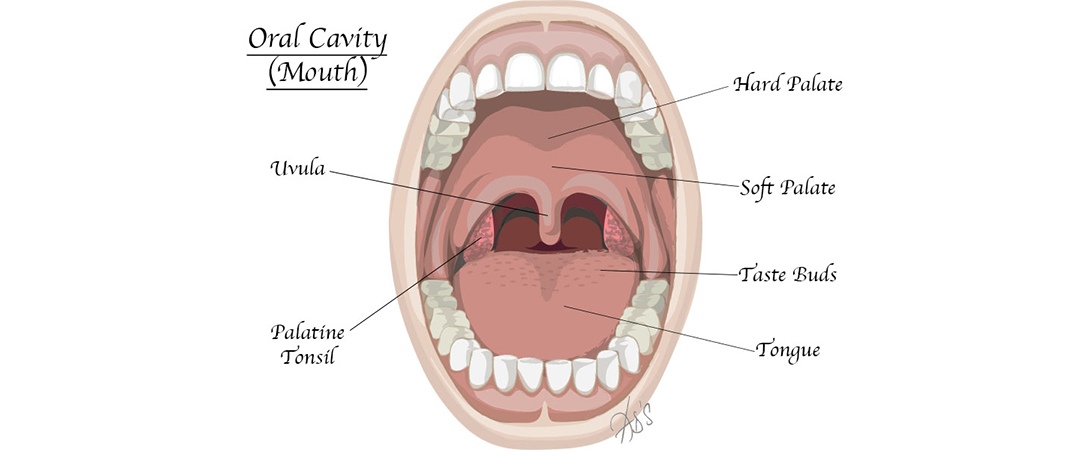

Snoring is common in children and generally no treatment is required. Sometimes, loud snoring followed by intermittent cessation of breathing, affects sleep. This is commonly because of large tonsils and adenoids, is known as “obstructive sleep apnoea”, and should be treated. Tonsil and adenoid surgery usually cures the condition in children. In adults other surgical measures may be required.
Depending on the cause of the condition and results of sleep study etc. many treatments available which include:
Please click HERE for more information on the ENTUK website
PRACTICE MANAGER: Chelsea Fulton 07534 771264 MEDICAL SECRETARY: Karen Harris 07453 881588
CORRESPONDENCE ADDRESS: Enso House Crayfields Business Park, 3 New Mill Road, Orpington BR5 3TW | Tel: 01689 490119 | Fax: 01689 873221